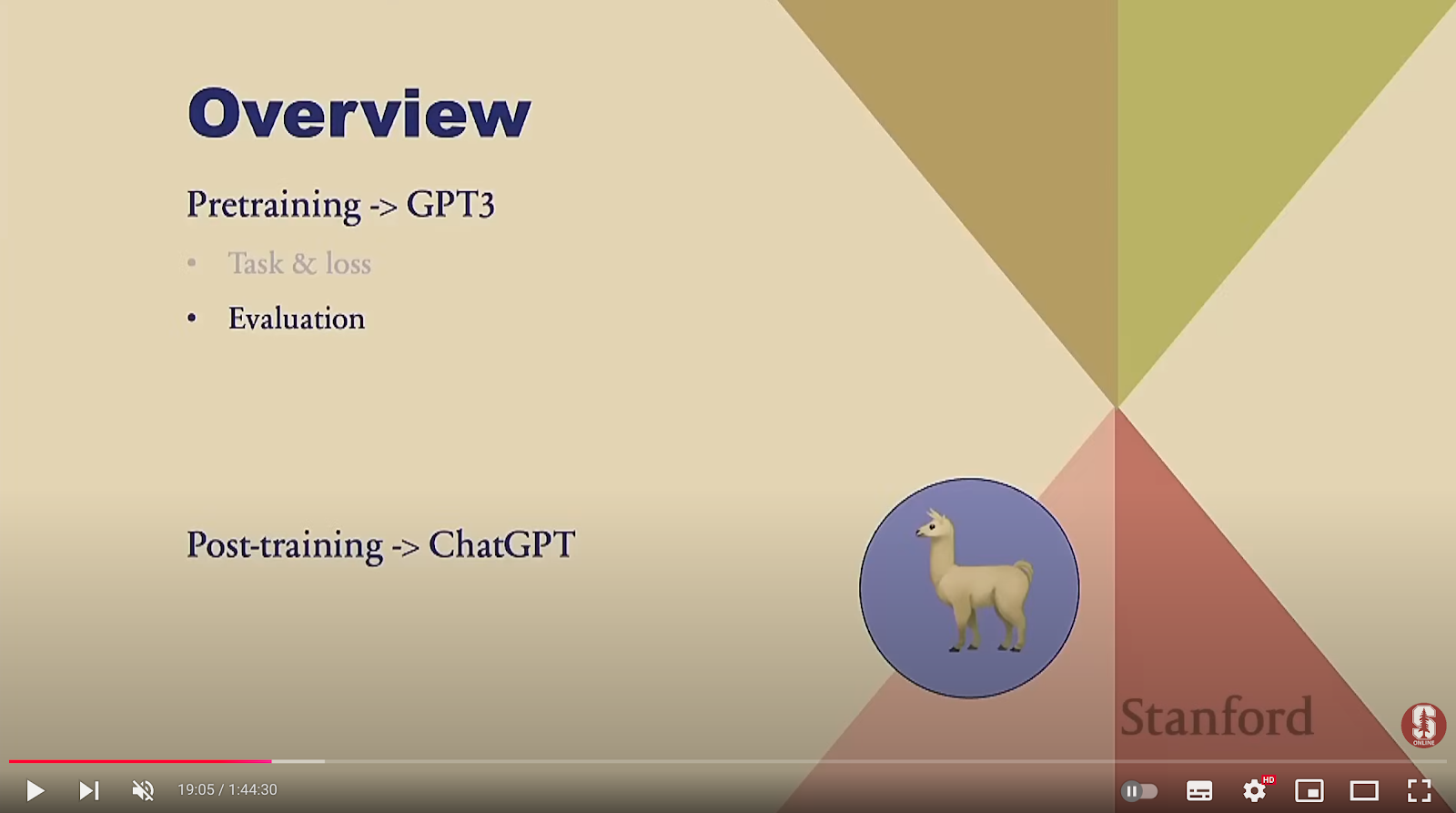On Quantity
A few years ago I told my therapist that I felt conflicted about thinking about work when I was not at work. For example, while doing the dishes, being at the park with the kids, or riding the bike with them. As my therapist encouraged me to do ( what is the question? he would patiently ask when I would share a statement without a question), I then asked him: "Does that make me a bad father or husband?" What he said next, had a huge impact on how I felt about some of my actions. He asked me back: what is the one universal attribute that can make anything good or bad? I gave up after a solid 5 minutes, and then he revealed the answer to me: it's quantity. How much are you thinking about work? All the time, or every once in a while, when idling? Do you feel that it's so much that you are neglecting something or someone else more important (including myself)? It's like chocolate, he continued: one spoon is ok, the whole jar not quite. Or wine: a glass is probably fi...


















